This post is to attempt to explain a few things about the interactions of adoptive families with their friends and family during the period of time that they are trying to establish a bond with their child. It is common for friends and family of an adoptive family not to realize some of the complexity of what is happening within the family dynamic and to get offended when, for example, they are not allowed to hold the new child. My hope is that this post will explain the thinking behind why an adoptive family might shy away from people, or even offend people, for the sake of their child, hence the name of this post.
First, lets consider Samuel’s experience over the last month of his life. Samuel, like most orphans, was attached to the people caring for him and his way of life. In his case, this was his foster mother and father, whom he called “mama” and “baba” as they were his parents. The day that we got him was a beautiful one for him long term, but a very sad day short term. Our little boy lost the mommy and daddy that he knew and loved and was placed in the arms of unfamiliar people that look funny to him and speak another language. This was a very difficult thing for him then, and one that he struggles with now, and will struggle with further. With gain there is often loss. In this case we gained a son and a brother and in return Samuel lost the only family he knew, his country and everything he had ever known in his 2.5 years of living. In the long run the Lord will redeem this loss, but for now we are walking down this hard road with our son.
Bonding is the formation of a mutual emotional and psychological closeness between parents and their newborn child. Babies usually bond with their parents in the minutes, hours, or days following birth.
The moment that Samuel was put into our arms was the moment that we started the process of bonding with him. Bonding is the process of creating the lasting and deep relationship between parent and child. In our case, Samuel had bonded with his foster family, so as we bond with him we have to help him grieve his loss and also help him learn to love and trust us as his mama and baba.
In order to bond effectively with him we hold him a lot more than you would normally hold a two year old. We also often hand feed him more than we would normally hand feed a two year old, and we do other things of this nature. We do these things in order to teach him that we are mommy and daddy and to show him that we care for his needs and that he will never be uprooted and taken away again. Doing this helps him to learn that he can trust us and that from now on we will be taking care of him.
So, now imagine being a well meaning, very loving friend or family member who has donated to, supported, prayed for, and been a very real part of our journey to get Samuel. Our family has just arrived at an event and we see you for the first time with our new son. You are excited to see us (and we are excited to see you), and like the times when we have had a child through birth, you ask to hold Samuel. The answer will be no. In fact, its really best for you to give Samuel his personal space (don’t get in his face to talk to him, touch him, etc…) and just talk to us (Jess and I) like you always would rather than trying to engage Samuel. When we feel Samuel is ready to engage with people we will let you know, but as things are now, he is not ready to interact with new people.
Think about it from his perspective. A month ago he met some new people (Jess and I) that took him home with them. So now, as he meets more new people, that often look like we do, he will naturally have a fear of being taken from his newfound security with our family. The bonding process is a delicate one and one that requires our attention, adaptation, and willingness to seclude our family in a cocoon for a time for the sake of our son. Even when Samuel may want to go to another adult we cannot let him because he will start the initial bonding process of connecting with that adult, which will confuse him about our role as mommy and daddy and could cause him to withdraw and be confused when the adult that he was just playing with leaves him to go home.
Because we are an “on the go” family we cannot stay home all of the time, nor should we for sanity sake. So, at the moment we are venturing out into public places and public gatherings with wide open spaces. As we venture out we need to be sure that Samuel is comfortable, which means holding him most of the time and guarding his personal space. If you see us in a public setting there are a few things that we will respectfully request:
- Address Jess or I first and not Samuel. He gets nervous when people talk to him, so talk to us and we will make a connection with him if we feel he is up for that at the time.
- Make sure to give Samuel his space. He is cute and we get that pinching that little cheek is crazy tempting, but he starts to shut down when people get in his personal space and we want to avoid that.
- If you bring us a meal (which would be very helpful about now) we probably will not invite you in, or will not invite you in for very long. Samuel gets nervous when people are in the house that he doesn’t know.
- Please don’t be offended if we need to leave talking to you abruptly so that we can take care of Samuel and guard his little heart.
I got the idea for this blog post from some friends that we were in China with. They are going through the same things that we are and I think their description of the need to cocoon is likely better than mine. If you would like to read their post you can read it here.
I hope all of this makes sense. This post was not the result of a bad experience in any way, we just realize that speed bumps are coming and we are hoping to let everyone know the best way that they can help us as we move forward and love on Samuel.
We very much look forward to the day that our family and friends can hold and play with our little Samuel. That day will come, but it will come slowly over time. I know that waiting is hard, but it is what is best for him in both the short and long run.

